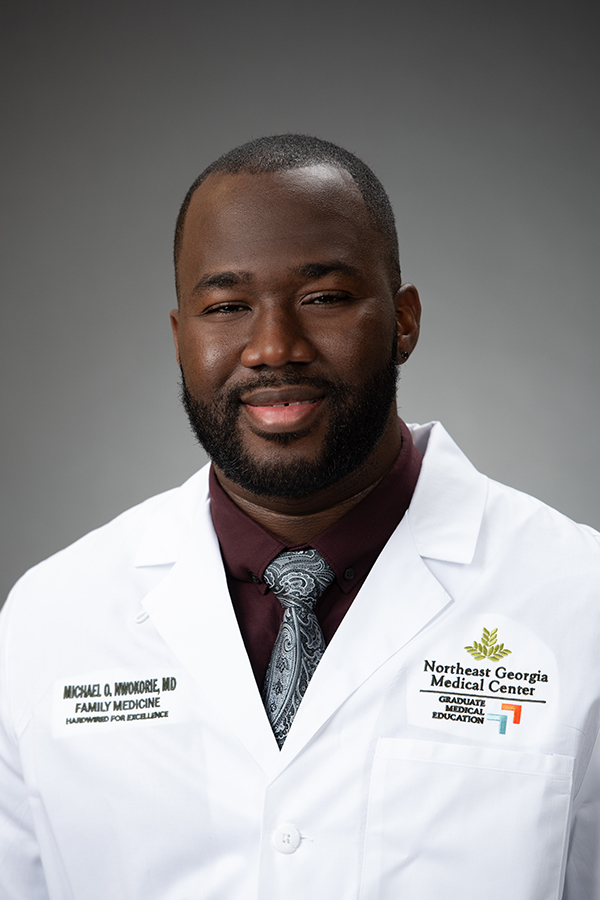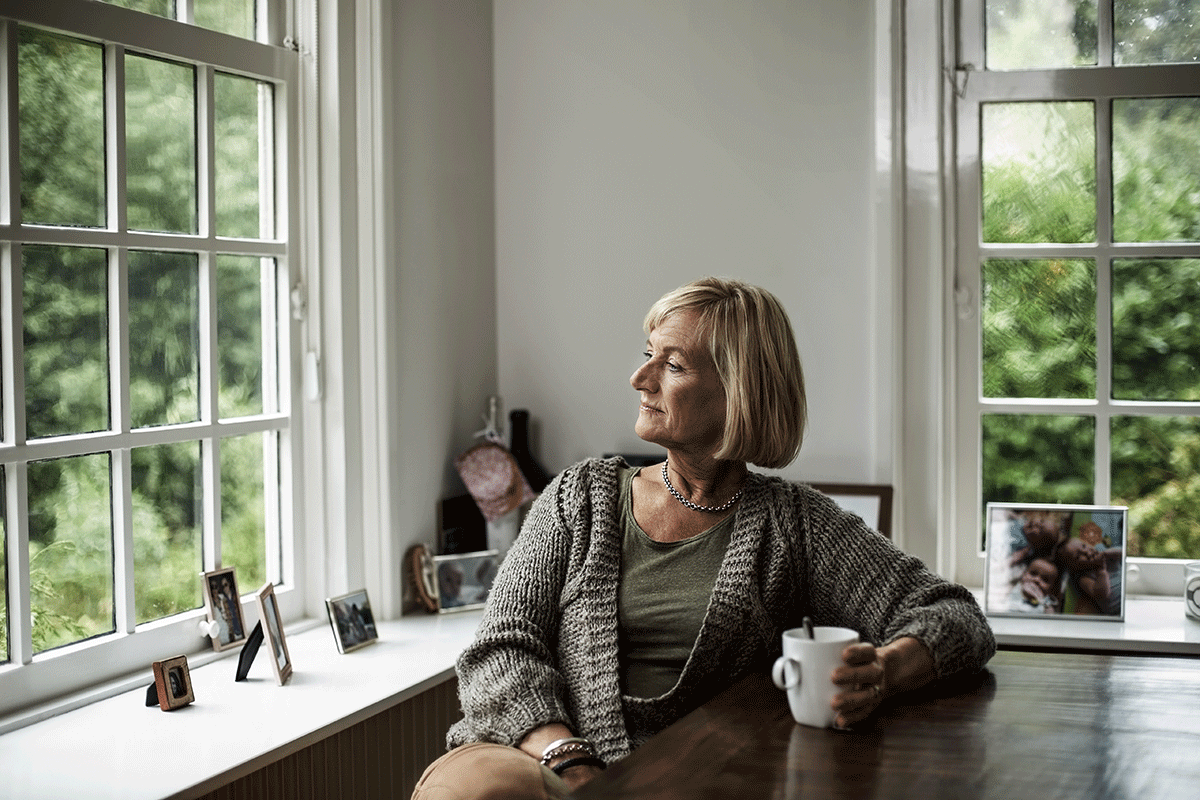Our personal beliefs can have a significant impact on our health in numerous ways. These beliefs can encompass religious, cultural, philosophical and personal values that influence how we perceive and manage our health as well as interact with the healthcare system.
A Story About My Late Grandmother
According to my mother, my grandmother died at the age of 41 in Nigeria. She got married at the age of 17 and gave birth to 12 children in total. My grandmother was a hardworking woman who was well-respected in her community. One day, she noticed that her feet were gradually becoming swollen and accompanied by breathing difficulties. This occurrence was believed to be caused by evil supernatural forces by her enemies due to her success. She claimed that someone might have planted a bad seed on her farm, which she stepped on when she went to check on her crops. My grandmother was a devoted Christian, and she believed that prayers would reverse this occurrence, so she refused to seek medical care. Time went by and she unfortunately passed away at a youthful age due to this illness.
Based on the little history I gathered from my mother about my grandmother’s symptoms and my current medical knowledge, she might have been experiencing heart failure. This can be secondary to numerous medical conditions, but now I will never know. In the past few years, I have seen numerous patients that were admitted to the hospital for heart failure survive and get discharged. It is unfortunate that my grandmother did not get to explore this option.
In the present day, my grandmother’s beliefs are still common in Nigeria but less likely to prevent people from seeking modern, evidence-based medical advice. The example of my grandmother may seem extreme, but I put it before you so that you can consider your own beliefs and how they might positively or negatively impact your health.
Ways personal beliefs can affect your health
Here are several ways in which your personal beliefs can affect healthcare:
- Treatment Preferences
Your beliefs can influence the types of medical treatments you’re willing to undergo. For example, if you have strong beliefs in natural remedies, you might be more inclined to seek alternative therapies. - Medical Decision-Making
Your beliefs might influence the decisions you make regarding medical interventions, surgeries and medications. Your values could guide whether you choose to proceed with a certain treatment or opt for a different approach. - Preventive Care
Your beliefs can impact your willingness to engage in preventive measures such as vaccinations, screenings and lifestyle changes. If your beliefs encourage healthy living, you might be more motivated to adopt a healthier lifestyle. - Diet and Lifestyle
Cultural or religious beliefs can affect your dietary choices and lifestyle habits. For example, certain religious practices might prescribe specific dietary restrictions that can impact your overall health. - Stress and Coping
Your beliefs can play a role in how you cope with stress and manage emotional well-being. Spiritual beliefs or mindfulness practices, for instance, might influence your ability to handle stress effectively. - Mental Health
Your beliefs can shape how you perceive and approach mental health issues. Some beliefs may encourage seeking professional help, while others might stigmatize mental health problems. - End-of-Life Care
Your beliefs about life, death and the afterlife can impact decisions regarding end-of-life care, including the use of life support, organ donation and the extent of medical interventions. - Adherence to Treatment Plans
Your beliefs can influence how well you adhere to prescribed treatment plans. If a treatment conflicts with your beliefs or values, you might be less likely to follow it consistently. - Communication with Healthcare Providers
Your beliefs can affect how openly and honestly you communicate with your healthcare providers. Sharing your beliefs can help them better understand your perspective and tailor their recommendations. - Community and Social Support
Your beliefs can shape your sense of community and social support. Being part of a community that shares your beliefs can provide emotional support and a sense of belonging. - Mind-Body Connection
Some belief systems emphasize the connection between mind, body and health. Believing in the power of positive thinking, meditation or prayer, for example, can impact your approach to health and healing.
Open communication is key
It is important to be aware that the relationship between personal beliefs and health is complex. While certain beliefs can have positive effects on health outcomes, others might have negative implications. It is crucial to maintain a balance between your beliefs and evidence-based medical advice. Open communication with healthcare professionals can help you navigate the intersection of your beliefs and your overall well-being.
Just as a patient’s beliefs can impact their health, it is imperative for the clinician to create an environment where patients can feel free to share their beliefs. We as clinicians need to meet our patients where they’re at, respect their beliefs and form relationships that allow authentic dialogue between doctor and patient.
Learn More
If you want to learn more, visit this Livestrong page to dig deeper into personal beliefs and how that can affect a treatment plan, or learn about healthcare decision making in general.
If you don’t have a doctor, or you’re looking for a new one, NGPG has a wide range of physicians that could fit your needs.



